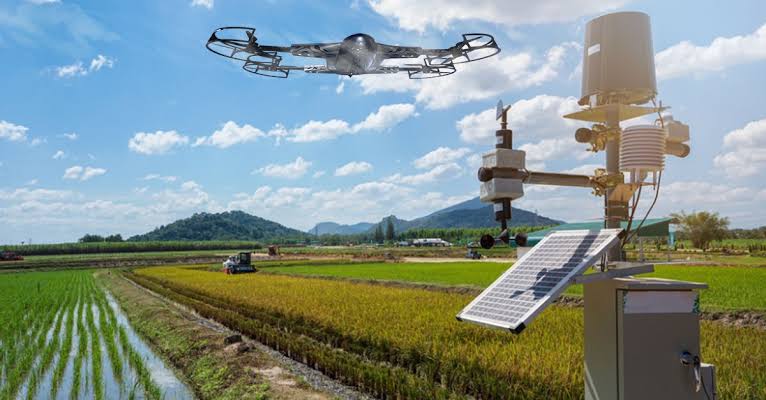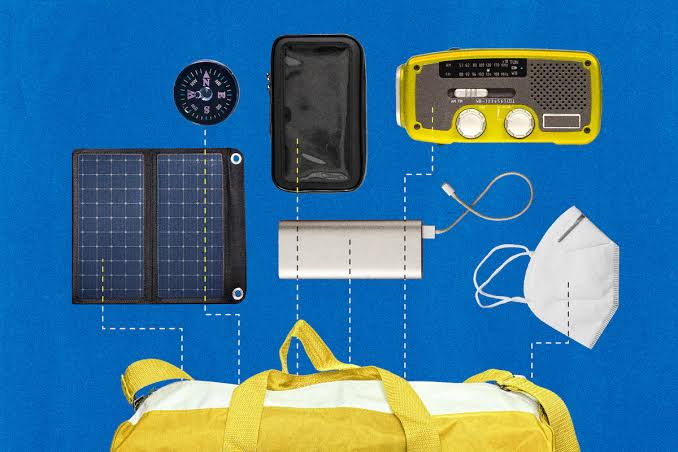Drone technology has become one of the most transformative innovations in modern agriculture. As farms face growing challenges such as climate change, labor shortages, and the need for sustainable practices, drones are stepping in to improve efficiency, productivity, and environmental management. The future of drones in agriculture is promising, with advancements set to redefine farming operations worldwide.
Enhancing Precision Farming
Precision farming relies on accurate data and targeted interventions, and drones are expected to play a bigger role in this process.
- They can capture high-resolution aerial images of crops for better growth monitoring.
- Sensors and imaging tools can detect plant health issues early.
- They help farmers apply water, fertilizers, and pesticides only where needed, reducing waste.
As drone technology evolves, their imaging capabilities will become more advanced, allowing farmers to act faster and more effectively.
Expanding Crop Health Monitoring
Drones equipped with multispectral and thermal cameras can identify crop diseases, nutrient deficiencies, and pest infestations before they become severe.
- AI-powered analysis can process drone images for quick diagnosis.
- Early detection prevents large-scale damage and reduces chemical usage.
- Farmers can maintain healthier crops with less environmental impact.
In the future, these systems will integrate more deeply with farm management software for real-time decision-making.
Improving Irrigation Management
Water is one of the most critical resources in agriculture, and drones will play a key role in its efficient use.
- Thermal imaging can detect dry areas and irrigation leaks.
- They can map moisture distribution across large fields.
- Data collected by drones can optimize irrigation schedules and water allocation.
As water scarcity becomes a bigger global concern, drone-based water management will become essential.
Automating Planting and Seeding
Although still in early stages, drone-based planting systems are being developed to speed up seeding operations.
- Drones can drop seeds with precision into targeted areas.
- They are particularly useful for reforestation and large-scale farming.
- This automation reduces manual labor and speeds up planting processes.
In the future, drones may be able to plant seeds and apply nutrients in one combined operation.
Streamlining Crop Spraying
Drones are increasingly being used for targeted spraying of pesticides and fertilizers.
- GPS guidance ensures accurate application.
- Spraying drones reduce exposure risks for workers.
- They allow access to areas difficult for ground machinery to reach.
Advancements in spraying accuracy will make this method more efficient and environmentally friendly.
Reducing Labor Dependency
Labor shortages are a growing concern in agriculture, but drones can help fill the gap.
- They automate tasks like monitoring, spraying, and surveying.
- This allows farmers to focus on decision-making and other strategic activities.
- Drones reduce the need for large field teams, lowering operational costs.
Future systems may combine drones with autonomous tractors and robots for fully automated farming.
Enabling Data-Driven Decisions
One of the biggest advantages of drone technology is the ability to collect and analyze large amounts of data.
- Drones can provide real-time field analytics.
- Integration with AI systems can offer actionable insights instantly.
- Farmers can make informed decisions on crop rotation, planting times, and resource use.
The future will likely see drones working as part of interconnected agricultural IoT systems.
Supporting Sustainable Farming
Drones contribute to more sustainable agricultural practices by reducing chemical use, minimizing soil disturbance, and improving resource management.
- Targeted spraying and irrigation reduce waste.
- Early detection of crop problems prevents unnecessary interventions.
- Monitoring biodiversity and soil health supports environmental conservation.
As sustainability becomes a core focus for agriculture, drones will be vital in achieving eco-friendly farming goals.
Future Innovations to Expect
The next generation of agricultural drones will be more autonomous, intelligent, and capable.
- Longer flight times and stronger payload capacities.
- AI-driven image analysis with minimal human input.
- Integration with blockchain for transparent supply chain tracking.
- Swarm drone systems working together to cover vast farmlands.
These advancements will make drone technology an indispensable part of global agriculture.
Conclusion
The future of drone technology in agriculture holds immense potential for increasing efficiency, improving sustainability, and enhancing decision-making. As hardware, software, and AI capabilities improve, drones will move beyond being just monitoring tools to becoming active participants in farming operations. Farmers who adopt these technologies early will gain a competitive advantage in meeting future agricultural demands.




Interesting